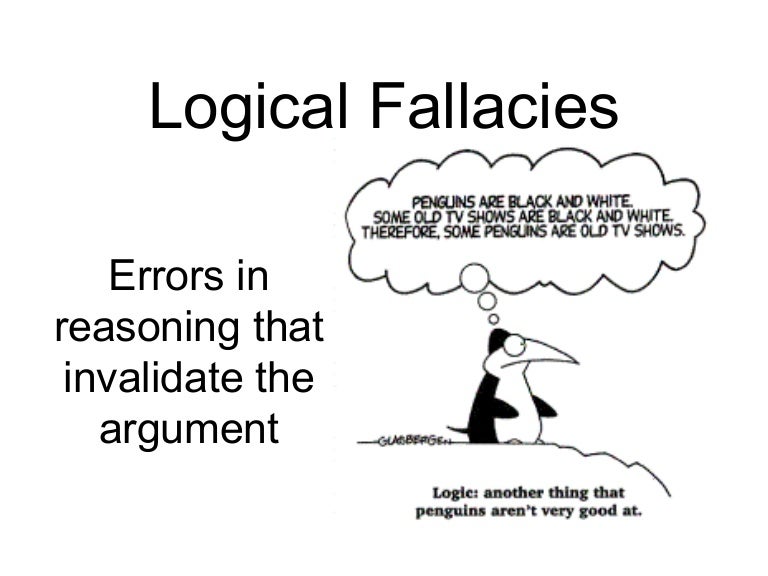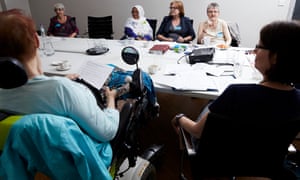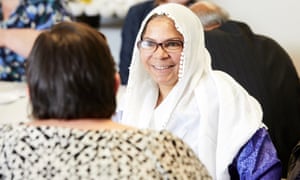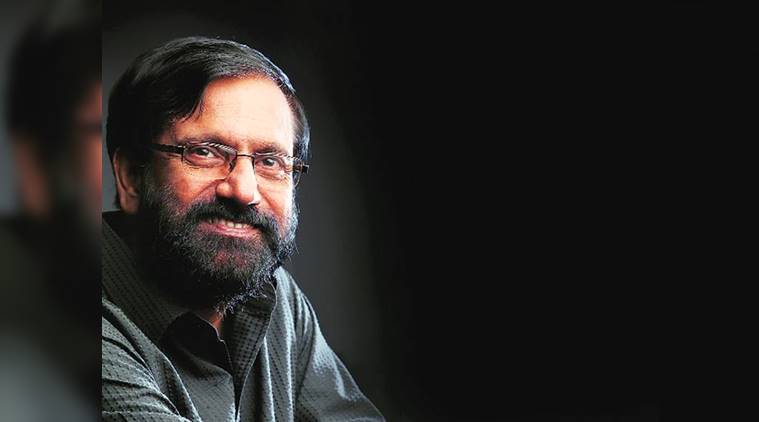Political discourse is at it’s lowest point in the country, at least in my lifetime. The partisanship bias is unbelievable and people continue to support their side no matter what the evidence, there is no remorse even when they’re proved to have been spreading fake news. This is something that everyone – the parties and the voters or supporters are to be blamed for.
BJP has done a great job at spreading some specific messages with incredibly effective propaganda, and these messages are the primary reason that I can’t support the party anymore. But before we get into any of that, I’d like everyone to understand that no party is totally bad, and no party is totally good. All governments have done some good and messed up on some fronts. This government is no different.
The Good:
1. Road construction is faster than it was earlier. There has been a change in methodology of counting road length, but even factoring that in it seems to be faster.
2. Electricity connection increased – all villages electrified and people getting electricity for more hours. (Congress did electrify over 500,000 villages and Modi finished the job by connecting the last 18,000 or so, you can weigh the achievement as you like. Similarly, the number of hours people get electricity has increased ever since independence, but it might be a larger increase during BJP).
3. Upper-level corruption is reduced (Also read Electoral Bonds below) – no huge cases at the ministerial level as of now (but the same was true of UPA, the alliance formed after the 2004 poll). Lower level seems to be about the same with increased amounts, no one seems to be able to control the thanedar, patwari (village policeman, headman) et al.
4. The Swachh Bharat Mission (clean-up campaign) is a success – more toilets built than before and Swachhta is something embedded in people’s minds now.
5. Ujjwala Yojana (LPG connection scheme) is a great initiative. How many people buy the second cylinder remains to be seen. The first one and a stove was free, but now people need to pay for it. The cost of cylinders has almost doubled since the government took over and now one costs more than 800 rupees.
6. Connectivity for the Northeast has undoubtedly increased. More trains, roads, flights and most importantly – the region is now discussed in the mainstream news channels.
7. Law and order is reportedly better than it was under regional parties.
Feel free to add achievements you can think of in the comments below, also achievements necessarily have caveats, failures are absolute!
The Bad:
It takes decades and centuries to build systems and nations, the biggest failure I see in BJP is that it has destroyed some great things on very flimsy grounds.
1. Electoral Bonds – these basically legalize corruption and allow corporates and foreign powers to just buy our political parties. The bonds are anonymous, so if a corporate says ‘I’ll give you an electoral bond of 1,000 crore [10 billion rupees] if you pass this specific policy’, there will be no prosecution. There just is no way to establish quid pro quo with an anonymous instrument. This also explains how corruption is reduced at the ministerial level – it isn’t per file or order, it is now like the US, at the policy level.
2. Planning Commission Reports – this used to be a major source for data. They audited government schemes and stated how things are going. With that gone, there just is no choice but to believe whatever data the government gives you (Comptroller and Auditor General audits come out after a long time!). NITI Aayog (the National Institute for Transforming India) doesn’t have this mandate and is basically a think tank and PR agency. Plan or non-plan distinction could be removed without removing this!
3. Misuse of CBI and ED (the Central Bureau of Investigation and the Enforcement Directorate) – it is being used for political purposes as far as I can see, but even if it isn’t the fear that these institutions will be unleashed on them if they speak up against anything Modi or Shah-related is real. This is enough to kill dissent, an integral component of democracy.
4. Failure to investigate Kalikho Pul’s suicide note, Judge Loya’s death, the Sohrabuddin murder, the defense of an MLA accused of rape who’s relative is accused of killing the girl’s father and a First Information Report (to police) wasn’t registered for over a year!
5. Demonetization – it failed, but worse is BJP’s inability to accept that it failed. All propaganda of it cutting terror funding, reducing cash, eliminating corruption is just absurd. It also killed off businesses.
6. GST Implementation – Implemented in a hurry and harmed business. Complicated structure, multiple rates on different items, complex filing… Hopefully, it’ll stabilize in time, but it did cause harm. Failure to acknowledge that from BJP is extremely arrogant.
7. The messed-up foreign policy with pure grandstanding – China has a port in Sri Lanka, huge interests in Bangladesh and Pakistan – we’re surrounded, the failure in the Maldives (Indian workers not getting visas anymore because of India’s foreign policy debacle) while Modi-ji goes out to foreign countries and keeps saying Indians had no respect in the world before 2014 and now they’re supremely respected. (This is nonsense. Indian respect in foreign countries was a direct result of our growing economy and IT sector; it hasn’t improved an ounce because of Modi. Might even have declined due to beef-based lynchings, threats to journalists, etc.)
8. Failure of schemes and failure to acknowledge and correct the course – Sansad Adarsh Gram Yojana (rural development), Make In India, Skill Development, Fasal Bima (crop insurance: look at reimbursements – the government is lining the pockets of insurance companies). Failure to acknowledge unemployment and farmers crisis, calling every real issue an opposition stunt.
9. The high prices of petrol and diesel – Modi-ji and all BJP ministers and supporters criticized Congress for it heavily and now all of them justify the high prices even though crude is cheaper than it was then! Just unacceptable.
10. Failure to engage with the most important basic issues – education and healthcare. There is just nothing on education, which is the nation’s biggest failure. The quality of government schools has deteriorated over the decades (ASER reports) and no action. They did nothing on healthcare for four years, then Ayushman Bharat (National Health Protection scheme) was announced. That scheme scares me more than nothing being done. Insurance schemes have a terrible track record and this is going the US route, which is a terrible destination for healthcare (watch ‘Sicko’ by Michael Moore)!
You can add some and subtract some based on personal understanding of the issue, but this is my assessment. The Electoral Bonds thing is huge and hopefully the Supreme Court will strike it down! Every government has some failures and some bad decisions though, the bigger issue I have is more on morals than anything else.
The Ugly:
The real negative of this government is how it has affected the national discourse with a well-considered strategy. This isn’t a failure, it’s the plan.
1. It has discredited the media, so now every criticism is brushed off as a journalist who didn’t get paid by BJP or is on the payrolls of Congress. I know several journalists for whom the allegation can’t be true, but more importantly, no one ever addresses the accusation or complaint – they just attack the person raising the issue and ignore the issue itself.
2. It has peddled a narrative that nothing happened in India in 70 years. This is patently false and the mentality is harmful to the nation. This government spent over Rs. 4,000 crore (40 billion rupees) of our taxpayers’ money on advertisements and now that will become the trend. Do small works and huge branding. He isn’t the first one to build roads – some of the best roads I’ve traveled on were pet projects of Mayawati and Akhilesh Yadav. India became an IT powerhouse from the 90s. It is easy to measure past performance and berate past leaders based on the circumstances of today, just one example of that:
“Why did Congress not build toilets in 70 years? They couldn’t even do something so basic. This argument sounds logical and I believed it too, until I started reading India’s history. When we gained independence in 1947 we were an extremely poor country, we didn’t have the resources for even basic infrastructure and no capital. To counteract this PM Nehru went down the socialist path and created the concept of Public Sector Undertakings. We had no capacity to build steel, so with the help of Russians the Heavy Engineering Corporation (HEC), Ranchi was set up that made machines to make steel in India – without this we would have no steel, and consequently no infrastructure. That was the agenda – basic industries and infra. We had frequent droughts (aakaal), every 2-3 years and a large number of people starved to death. The priority was to feed the people, toilets were a luxury no one cared for. The Green Revolution happened and the food shortages disappeared by the 1990s – now we have a surplus problem. The toilet situation is exactly like people asking 25 years from now why Modi couldn’t make all houses in India air-conditioned. That seems like a luxury today, toilets were also a luxury at some point of time. Maybe things could have happened sooner, maybe 10-15 years ago, but nothing happened in 70 years is a horrible lie to peddle.”
3. The spread and reliance on Fake News. There is some anti-BJP fake news too, but the pro-BJP and anti-opposition fake news outstrips that by miles in number and in reach. Some of it is supporters, but a lot of it comes from the party. It is often hateful and polarizing, which makes it even worse. The online news portals backed by this government are damaging society more than we know.
4. Hindu khatre mein hai – they’ve ingrained it into the minds of people that Hindus and Hinduism are in danger, and that Modi is the only option to save ourselves.r In reality Hindus have been living the same lives much before this government and nothing has changed except people’s mindset. Were we Hindus in danger in 2007? At least I didn’t hear about it everyday and I see no improvement in the condition of Hindus, just more fear mongering and hatred.
5. Speak against the government and you’re anti-national and more recently, anti-Hindu. Legitimate criticism of the government is shut up with this labeling. Prove your nationalism, sing Vande Mataram everywhere (even though BJP leaders don’t know the words themselves, they’ll force you to sing it!). I’m a proud nationalist and my nationalism won’t allow me to let anyone force me to showcase it! I will sing the national anthem and national song with pride when the occasion calls for it, or when I feel like it, but I won’t let anyone force me to sing it based on their whims!
6. Running news channels that are owned by BJP leaders who’s sole job is to debate Hindu-Muslim, National-Anti-national, India-Pakistan and derail the public discourse from issues and logic into polarizing emotions. You all know exactly which ones, and you all even know the debaters who’re being rewarded for spewing the vilest propaganda.
7. The polarization – all the message of development is gone. BJP’s strategy for the next election is polarization and inciting pseudo-nationalism. Modi-ji has basically said it himself in speeches – Jinnah; Nehru; Congress leaders didn’t meet Bhagat Singh in jail (fake news from the PM himself!); INC leaders met leaders in Pakistan to defeat Modi in Gujarat; Yogi-ji’s speech on how Maharana Pratap was greater than Akbar; Jawaharlal Univerity students are anti-national they’ll #TukdeTukdeChurChur India – this is all propaganda constructed for a very specific purpose: polarize and win elections. It isn’t the stuff I want to be hearing from my leaders and I refuse to follow anyone who is willing to let the nation burn in riots for political gain.
These are just some of the instances of how BJP is pushing the national discourse in a dark corner. This isn’t something I signed up for and it totally isn’t something I can support. That is why I am resigning from BJP.
PS: I supported BJP since 2013 because Narendra Modi-ji seemed like a ray of hope for India and I believed in his message of development – that message and the hope are now both gone. The negatives of this Narendra Modi and Amit Shah government now outweigh the positives for me, but that is a decision that every voter needs to make individually. Just know that history and reality are complicated. Buying into simplistic propaganda and espousing cult-like unquestioning faith are the worst thing you can do – it is against the interests of democracy and of this nation.
You all have your own decisions to make as the elections approach. Best of luck with that. My only hope is that we can all live and work harmoniously together, and contribute towards making a better, stronger, poverty-free and developed India, no matter what party or ideology we support. Always remember that there are good people on both sides, the voter needs to support them and they need to support each other even when they are in different parties.








